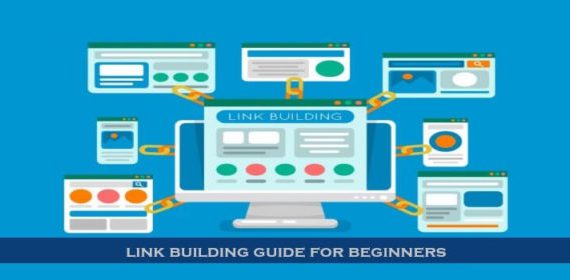
Link Building for Beginners: Essential Tips for Getting Started with Backlinks
Category : Link building
Link building is a fundamental component of search engine optimization (SEO) that can significantly enhance your website’s visibility and authority. For beginners, understanding and implementing effective link-building strategies may seem daunting, but with the right approach, you can start building a robust backlink profile that supports your SEO efforts. This guide provides essential tips and strategies for getting started with link building, ensuring you lay a solid foundation for your SEO success.
What is Link Building?
Link building is the process of acquiring hyperlinks from other websites to your own. These hyperlinks, or backlinks, are crucial for SEO because they act as votes of confidence from one site to another, indicating that your content is valuable and relevant. Search engines like Google use these backlinks to assess the credibility and authority of your site, which can influence your search engine rankings.
Why Link Building Matters
1. Improves Search Engine Rankings: Backlinks signal to search engines that your content is authoritative and trustworthy. High-quality backlinks can boost your site’s rankings in search engine results pages (SERPs).
2. Increases Website Traffic: Quality backlinks from relevant websites can drive referral traffic to your site. Users who click on these links are likely to be interested in your content or products.
3. Enhances Brand Visibility: Earning backlinks from reputable sites helps increase your brand’s exposure and credibility within your industry.
Essential Tips for Getting Started with Link Building
1. Create High-Quality Content
Overview: Content is the foundation of effective link building. High-quality, valuable content attracts backlinks naturally because other sites want to reference or share your exceptional work.
Tips:
Focus on Value: Produce content that provides real value to your audience. This could include how-to guides, comprehensive industry reports, infographics, or original research.
Ensure Originality: Unique and original content is more likely to attract backlinks compared to content that merely rehashes existing information.
Update Regularly: Keep your content fresh and up-to-date. Regular updates can attract new backlinks and maintain the relevance of your content.
Examples: Write a detailed guide on a niche topic relevant to your industry or create an infographic that visually represents complex data.
2. Research Your Competitors
Overview: Analyzing your competitors’ backlink profiles can provide valuable insights and help identify opportunities for your own link-building efforts.
Tips:
Use SEO Tools: Tools like Ahrefs, SEMrush, or Moz can help you analyze the backlink profiles of your competitors. Look for sites that link to your competitors but not to you.
Identify Link Sources: Determine where your competitors are getting their backlinks from, such as industry blogs, news sites, or directories.
Look for Gaps: Identify any backlink gaps between your site and your competitors. This can help you target similar sources for your own link-building campaigns.
Examples: If a competitor’s blog post is frequently linked to by industry publications, consider creating content on a similar topic and reaching out to those publications.
3. Build Relationships with Industry Influencers
Overview: Establishing relationships with influencers and thought leaders in your industry can open doors to valuable backlinks and collaborative opportunities.
Tips:
Engage on Social Media: Follow and interact with industry influencers on platforms like Twitter, LinkedIn, or Instagram. Share their content and engage in meaningful discussions.
Offer Value: Provide value to influencers by sharing useful resources, insights, or collaboration opportunities. Building a genuine relationship can lead to backlink opportunities.
Collaborate on Content: Partner with influencers for guest posts, interviews, or co-authored articles. This can result in high-quality backlinks from their platforms.
Examples: Reach out to an industry influencer for an interview or ask if they would be willing to contribute to a blog post on your site.
4. Leverage Guest Blogging
Overview: Guest blogging involves writing articles for other websites or blogs within your niche. It’s an effective way to gain exposure and earn backlinks from reputable sites.
Tips:
Identify Reputable Blogs: Find authoritative blogs in your industry that accept guest posts. Ensure they have a strong readership and align with your niche.
Pitch Relevant Topics: When pitching guest post ideas, focus on topics that will resonate with the blog’s audience. Provide value and unique insights in your proposed content.
Include Backlinks: Within your guest posts, include backlinks to relevant content on your own site. Ensure these links are natural and add value to the guest post.
Examples: Write a guest post for an industry blog discussing emerging trends or best practices in your field.

Step-by-step guide to link building for beginners
5. Utilize Directories and Listings
Overview: Submitting your website to relevant directories and industry listings can provide valuable backlinks and enhance your site’s visibility.
Tips:
Choose Relevant Directories: Focus on reputable and relevant directories related to your industry. Avoid low-quality or spammy directories that can harm your SEO efforts.
Ensure Accuracy: Make sure your directory listings are accurate and up-to-date. Consistent business information across directories helps build credibility.
Monitor Listings: Regularly review and update your directory listings to ensure they reflect any changes to your business or website.
Examples: Submit your site to industry-specific directories or local business listings relevant to your geographic area.
6. Engage in Resource Link Building
Overview: Resource link building involves creating valuable resource pages or lists that other sites can reference and link to.
Tips:
Develop Resource Pages: Create comprehensive resource pages or toolkits that compile valuable information or tools related to your industry.
Promote Your Resources: Reach out to websites and bloggers in your niche, letting them know about your resource pages. Encourage them to link to your resources if they find them useful.
Monitor Backlinks: Track the backlinks to your resource pages and analyze their impact on your SEO performance.
Examples: Develop a resource page featuring essential tools and guides for professionals in your industry and promote it to relevant sites.
7. Monitor and Analyze Your Backlink Profile
Overview: Regularly monitoring and analyzing your backlink profile helps ensure the quality of your backlinks and identify opportunities for improvement.
Tips:
Use SEO Tools: Employ tools like Google Search Console, Ahrefs, or Moz to track your backlinks and identify new linking domains.
Evaluate Link Quality: Assess the quality of your backlinks based on factors such as domain authority, relevance, and anchor text.
Disavow Toxic Links: If you identify low-quality or spammy backlinks, use Google’s Disavow Tool to prevent them from negatively impacting your SEO.
Examples: Review your backlink profile monthly to assess link quality and address any issues with toxic links.
Wrapping it up
Effective link building is essential for enhancing your website’s authority and search engine rankings. By focusing on creating high-quality content, researching competitors, building relationships with influencers, and leveraging guest blogging and resource link building, you can develop a strong backlink profile that supports your SEO goals.
For beginners, the key is to start with foundational strategies and gradually expand your link-building efforts as you gain experience. By consistently applying these essential tips and monitoring your progress, you’ll be well on your way to building a successful backlink profile and achieving long-term SEO success.
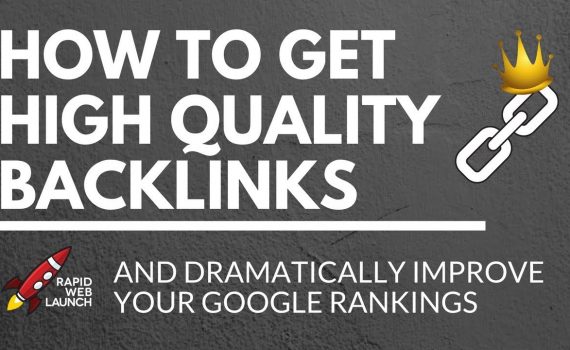
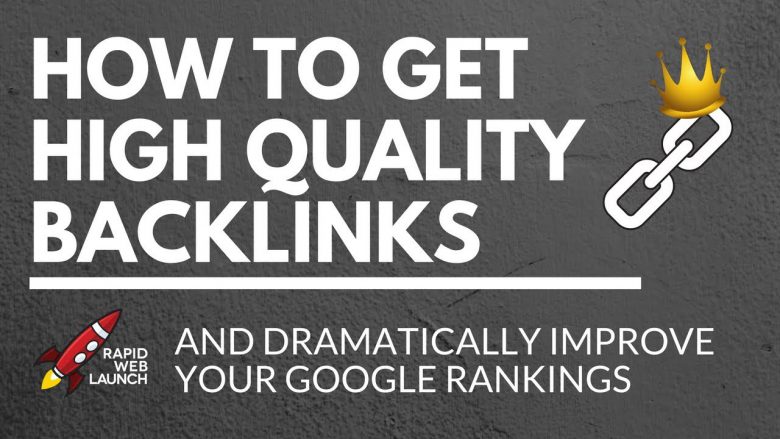




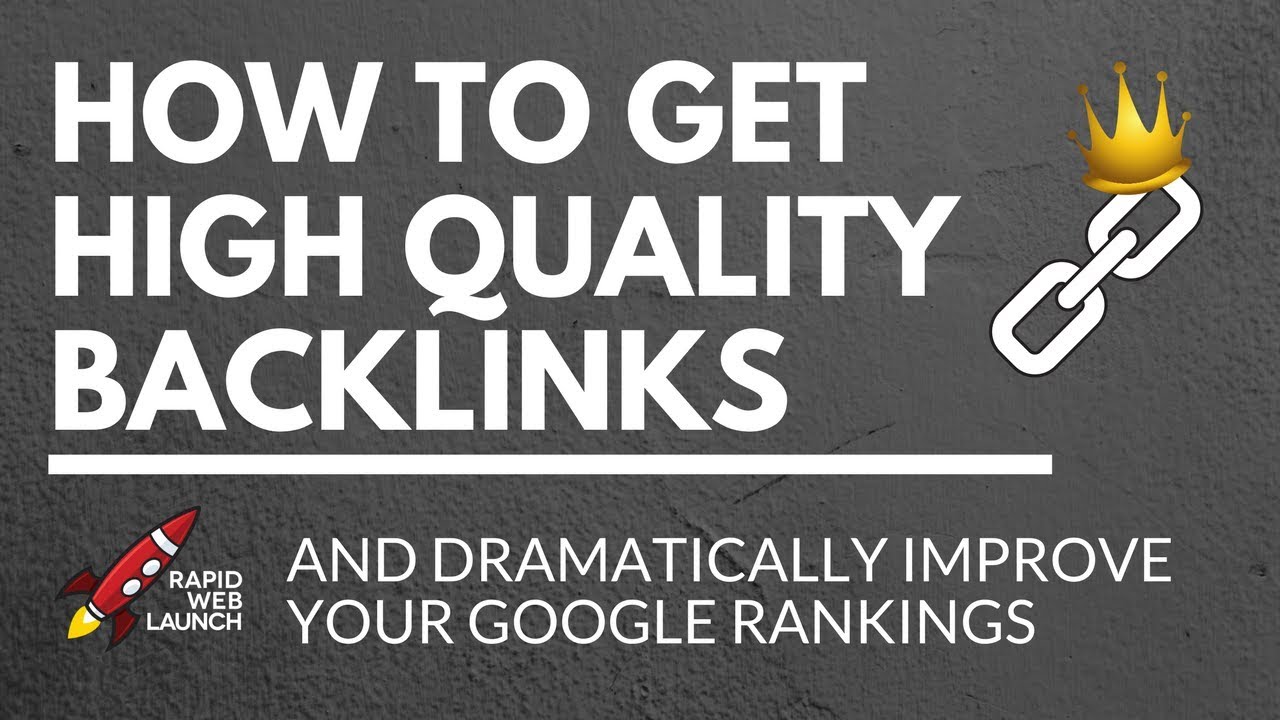
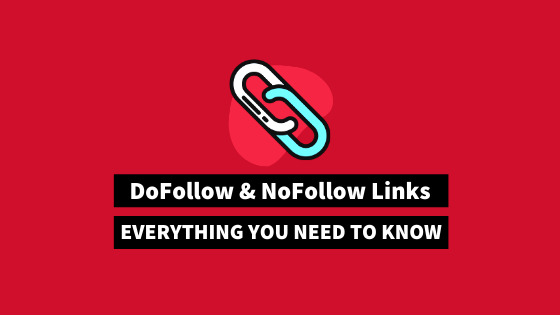


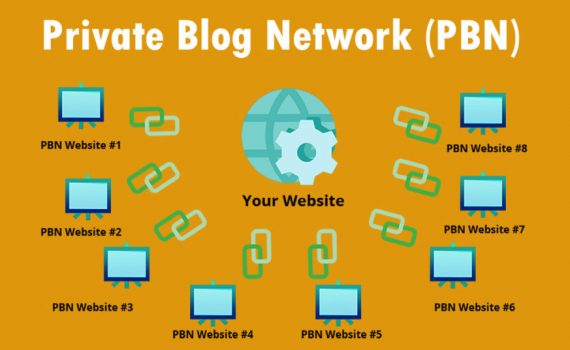
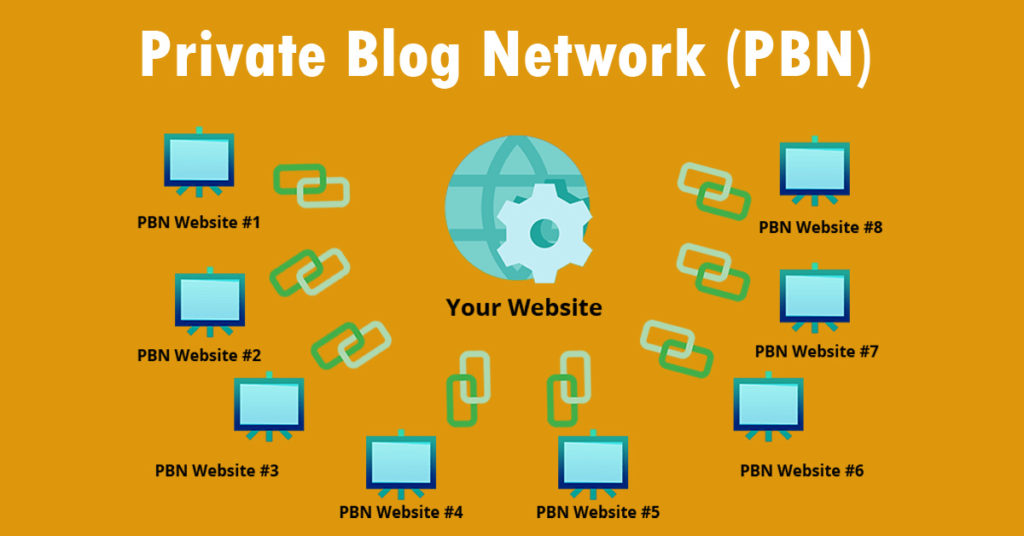


-
Tips to build blog comment backlinks to boost rankings
Tags : Blog comment link buildingLink building strategiesLink building tips
Category : Link building
There are plenty of reasons to keep commenting on blogs—as long as you’re doing it in the right way and with the right goals.
So, what’s blog commenting SEO good for today?
From finding high-quality sites and engaging with commenters like a pro, here’s my best blog commenting tips:
– Find high-quality websites to comment. When I say high-quality, I’m looking for websites with a domain authority of 60+.
– After you pull your list of top websites, search for an article most relevant to your target audience.
– Now, you can begin to add value with your comments. I follow the “sandwich affect” when I comment on an article.
Acknowledge the author by name and add a compliment.
– Sprinkle in valuable information you took from the article, while adding additional data that may spruce up the article.’
– If you add a link, it needs to be relevant and add value to the post or discussion.
– Again, acknowledge the author by name and end with a compliment.
– Remember to keep your blog comment short and sweet. I aim to keep mine under 100 words.
Finally, and most importantly, when it comes to blog commenting, you should follow one crucial rule, no matter what:
Make your comment valuable to the post and the discussion.
A comment that has nothing to do with the post itself, no matter how long and intelligent it sounds, won’t help you one bit.
You have to actually read the post and make your comment a response to the post, or a response to another commenter’s comment.
Be a valuable commenter, not a comment spammer!
blog comment backlinks
Steps to Successful Blog Commenting SEO
Get personal
If you want people to go from your comment to your website, it’s important that they know who you are!
If you just leave your first name, people probably won’t connect you to your brand.
So, make sure to put your full name and the name of your brand. If you want people to recognize your company name right off the bat, you might put something like “Amy Copadis from MyCompany.”
And what about a photo?
First, make sure that you use an email that’s attached to a Gravatar account.
Second, make sure your Gravatar account has a recent picture of you to display!
If you want people to see your company or brand, you may want to place your brand logo as a Gravatar image. Generally, however, it’s better to have a picture of a real person—that helps you look more authentic and less spammy.
Don’t comment to get backlinks only
I see many bloggers making this very mistakes of thinking blog commenting is all about building links for SEO purpose. You’re dead wrong if you’re still thinking this way.
First, take away such mindset and frame your mind in the right direction of what blog commenting is all about. The quicker you understand and agree to this simple but complex rule, the better you’ll make the most out of your commenting efforts.
Blog commenting is an easy way to fall into Google’s link building scheme penalty if you’re mainly doing it for SEO purposes. If your primary aim is to run a marathon of leaving xxx numbers of comments a day on blog posts, then you will probably fall under the hammer.
When a huge number of links pointing towards your site are from blog commenting other than editorial votes then you’re automatically inviting one of the animals (Panda, Hummingbird, and Penguin) in the Google zoo to come dine with you.
Do your blog commenting naturally and don’t make it a mandatory task to leave certain amount of comment every xxx days, weeks or month.
Say something worthwhile and relevant
If you’re commenting on popular, authority websites (which is highly recommended), you’ll be one in a sea of comments that follow.
So, how are you going to stand out?
First, you need to make sure you’re on topic.
So start by reading the blog post thoroughly. Know what’s inside, and the direction that the author took with the information he presented.
Second, you need something valuable to say.
We said above that writing blog comments is not a quick backlink scheme anymore. So don’t view it like that. Invest some time in responding well to the blog content, and add valuable information that wasn’t in the original post.
This will make both the author and the readers see your blog comment as a valuable contribution, thus seeing you (or your brand) as valuable as well.
Wait for the right moment to add your links
Hopefully, you’ve already linked your name out to the exact place where you want people to land on your website.
However, in certain places, it might be appropriate to leave a link to a relevant article or post on your website.
For example, let’s say you’re commenting on a post about email marketing strategies. In your comment, you might expand on an idea that was mentioned in the article, then refer back to a post on your own website for more detailed information, or maybe a case study that you did.
Including these kinds of relevant, valuable links will increase the likelihood that someone will make it to your website.
Use Your Real Name
If you ever run a blog, you will know how frustrating this one could be when you see things like, “John SEO Traffic”, “Five star hotel In Canada”, etc as the name of comment authors.
No matter how relevant or remarkable your comments may appear to the blog owner, it will surely ended up mark as spam or possibly in the trash folder.
No Anchor text in comment
Except that you’re very sure of your relationship with the blog owner and the anchor text in question is for educational purpose only; no other reason for including a link to other sites in your comment.
You will be perceive as spammer and this could lead to Akismet and other spam fighters tools to always mark your comments as spam.
Wrapping it up
These blog commenting best practices will help you mostly get the best out of your effective regular blog commenting efforts if you take them seriously, and some of the points listed on this list needs to be work on long enough to see the required results you want – targeted website traffic that engage with your content, relationship building, networking etc.
Related post: How to find out quality backlinks?
_______________________________________________________________________________
Please contact us for seo service packages at TDHSEO.COM.
TDHSEO Team
Email: tdhseo@gmail.com
Skype: tdhseo
https://www.facebook.com/tdhseo
Thank you!